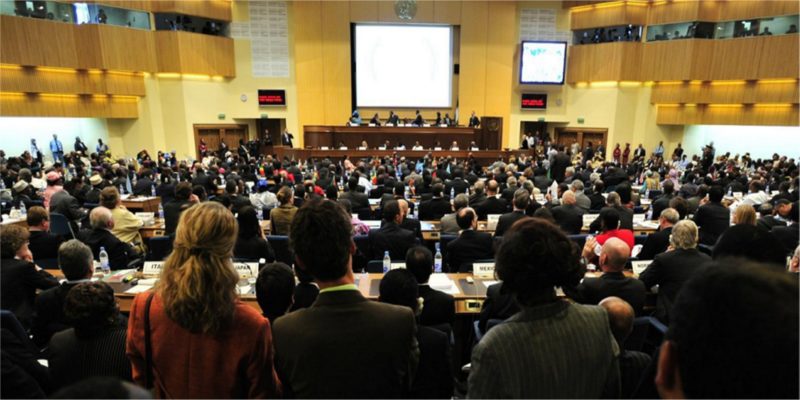Delivering effective presentations is not easy. When it is done well, however, the results can be exceptional and the impacts can be profound. Peter and Mark have each been presenting for decades. In this, the third presentation in a trilogy, they unpack and explore the similarities and differences in their approach and the insights they have gained from each other. They dive into your questions, and provide recommendations of how to present confidently and well.
Breaking Down the Fourth Wall
Building a presentation is an act of love and a process of discipline. It requires process and it also requires intuition. This is the second part of a trilogy where Peter and I go deep into our process of how we present and why, and the thinking that goes into the development and delivery of a typical presentation. Mark dives deep into his process, exploring how presentations get approached, exploring where there is process, where leaps of faith occur and how both blend together to create a final product.
Behind the Webinar Curtain
This is the first of a trilogy of webinars. We’ll share our process for creating any presentation, from why we choose to speak, how we decide on a topic and approach, and what our ultimate goal is for our crafted presentations. In doing so, we’ll explain why we take sometimes more than 40 hours to create a one hour talk that passes in the blink of an eye.
Unavoidable Miscommuniciations
We communicate all the time, mostly without thinking about what we’re doing. The problem isn’t just that we communicate casually, but that in doing so we believe that we have accomplished what we set out to do. Communicating is the most difficult of tasks, and the consequences of failure range from the trivial to the catastrophic. How do we share our thoughts with another and know—without doubt—that they now understand what we intended to communicate?
Writing for Growth
Write, and you could become influential, famous and fabulously wealthy. While that might happen, writing rarely pays off with any of those rewards. So why write? Peter has written more than a 1,000 articles. During that time he’s stumbled on a few secrets about writing that he was never taught in school. We learn by doing, so that might not be surprising. We also learn more about what we know by writing it down. In this session Peter will explore how to extract the most benefit possible from this solitary act.
Names: The Inertia of Structure
Naming something gives us power to it. Names add information, but they also constrict our understanding. Names are an abstraction that help and get in the way. If we want to see the world differently, we need to confront how what we call things shapes our perceptions.






